Description for Nalamin (Epithalon)
Nalamin, or Epithalon, is a synthetic peptide composed of four amino acids: alanine, glutamic acid, aspartic acid, and glycine. It was initially discovered in the 1980s by Russian scientists, and since then, it has gained attention for its potential anti-aging and health benefits.
Epithalon works by stimulating the production of telomerase, an enzyme that plays a crucial role in maintaining the length of telomeres. Telomeres are protective caps at the ends of chromosomes that shorten as cells divide, leading to cellular aging and eventual cell death. By activating telomerase, Epithalon helps to preserve the length of telomeres, which can potentially slow down the aging process and improve overall health.
Here are some key benefits associated with Nalamin (Epithalon):
1. Anti-aging effects: Epithalon has been extensively studied for its anti-aging properties. By maintaining the length of telomeres, it may slow down the aging process and delay the onset of age-related diseases. Some studies suggest that Epithalon can increase the lifespan of human cells and improve their functionality.
2. Enhanced immune system: Epithalon has been shown to boost the immune system by increasing the activity of natural killer cells and T-cells. This can improve the body's ability to fight off infections, diseases, and malignant cells.
3. Improved sleep and energy levels: Users of Epithalon have reported improved sleep quality and increased energy levels. It may help regulate the sleep-wake cycle and promote restful sleep, leading to better overall well-being.
4. Neuroprotective effects: Epithalon has demonstrated neuroprotective properties in studies. It may help protect neurons from damage caused by oxidative stress and reduce the risk of neurodegenerative diseases.
5. Potential anticancer properties: Some research suggests that Epithalon may have anticancer effects by inhibiting the growth of tumor cells and enhancing the immune response against cancer. However, further studies are needed to establish its efficacy in cancer treatment.
6. Improved skin health: Epithalon may have positive effects on the skin, including increased elasticity, reduced wrinkles, and improved texture. It can stimulate the production of collagen, a protein that gives the skin its firmness and elasticity.
It is important to note that while Epithalon shows promising potential, more research is needed to fully understand its mechanisms and confirm its long-term safety and efficacy. It is always advisable to consult with a healthcare professional before starting any new supplement or treatment regimen.
Overall, Nalamin (Epithalon) has gained attention for its anti-aging effects, immune system enhancement, potential neuroprotective properties, and other health benefits. However, more research is required to establish its full potential and ensure its safe use.
Shipping Cost
On all orders is set at $25.00
Secure checkout
Protected by Bitcoin
Offer & gift here
On all huge orders

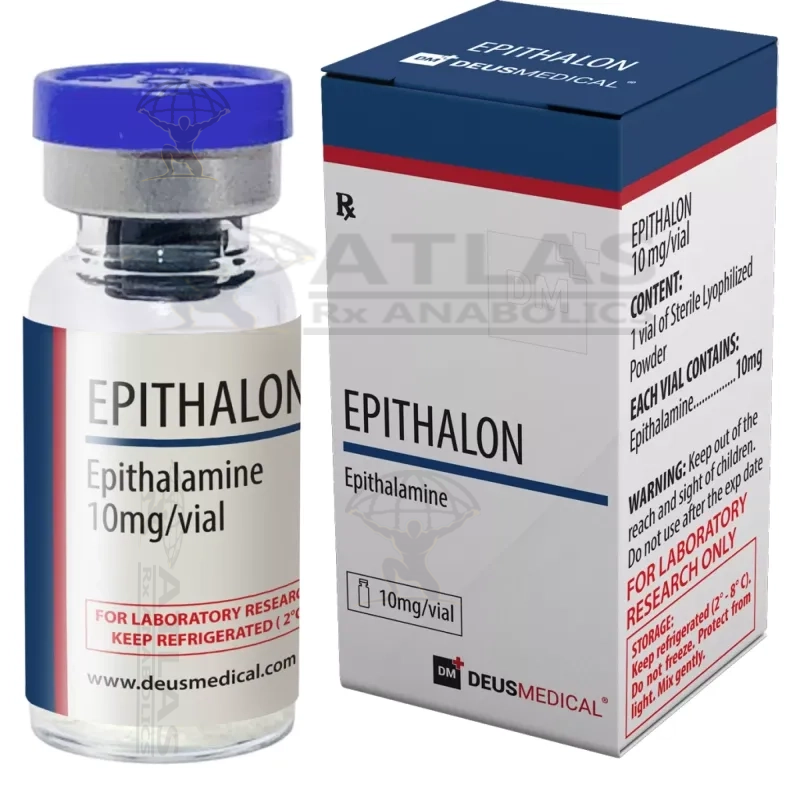


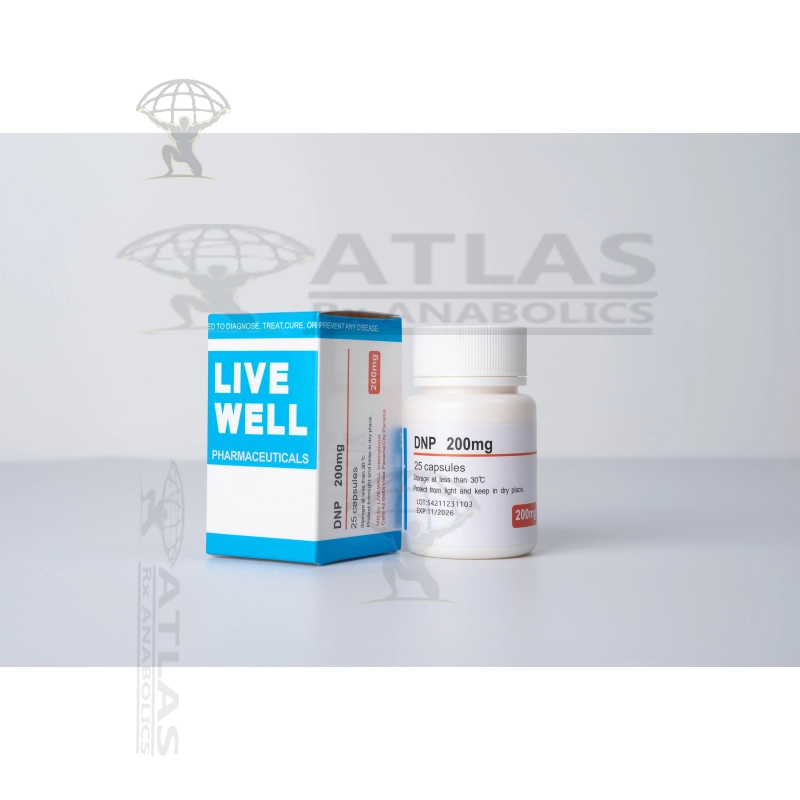
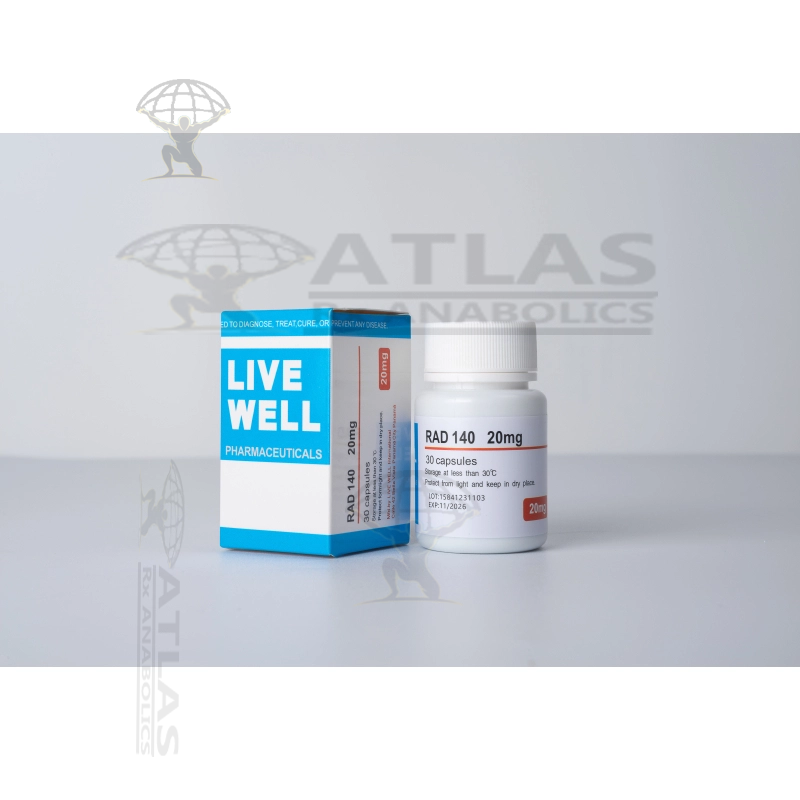
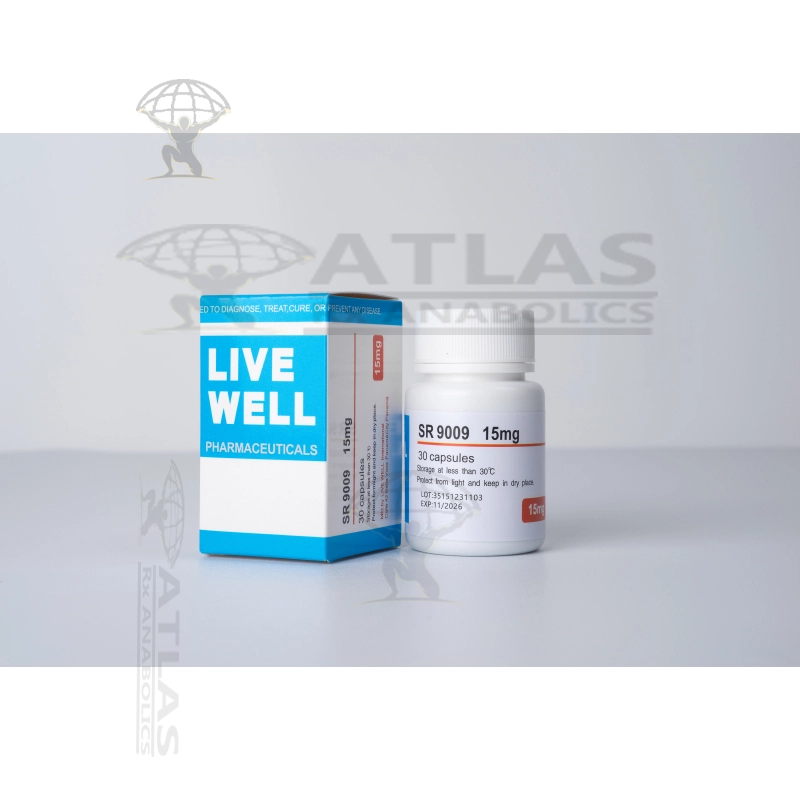
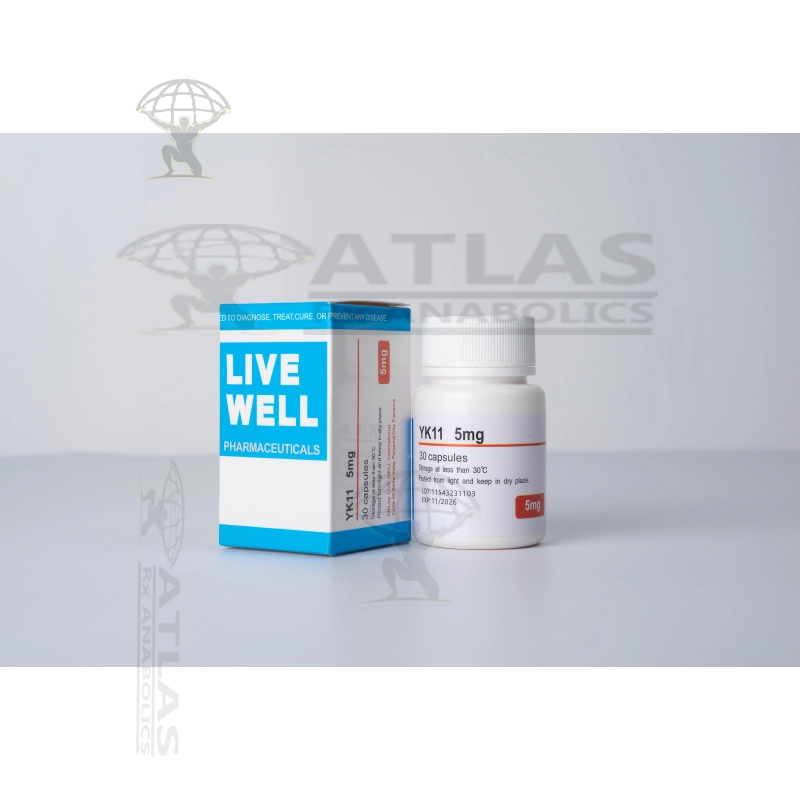
Ryan Davis
I recently made my first purchase from this website and I am extremely happy with my experience. The product arrived quickly and was exactly as described. I will definitely be a repeat customer.